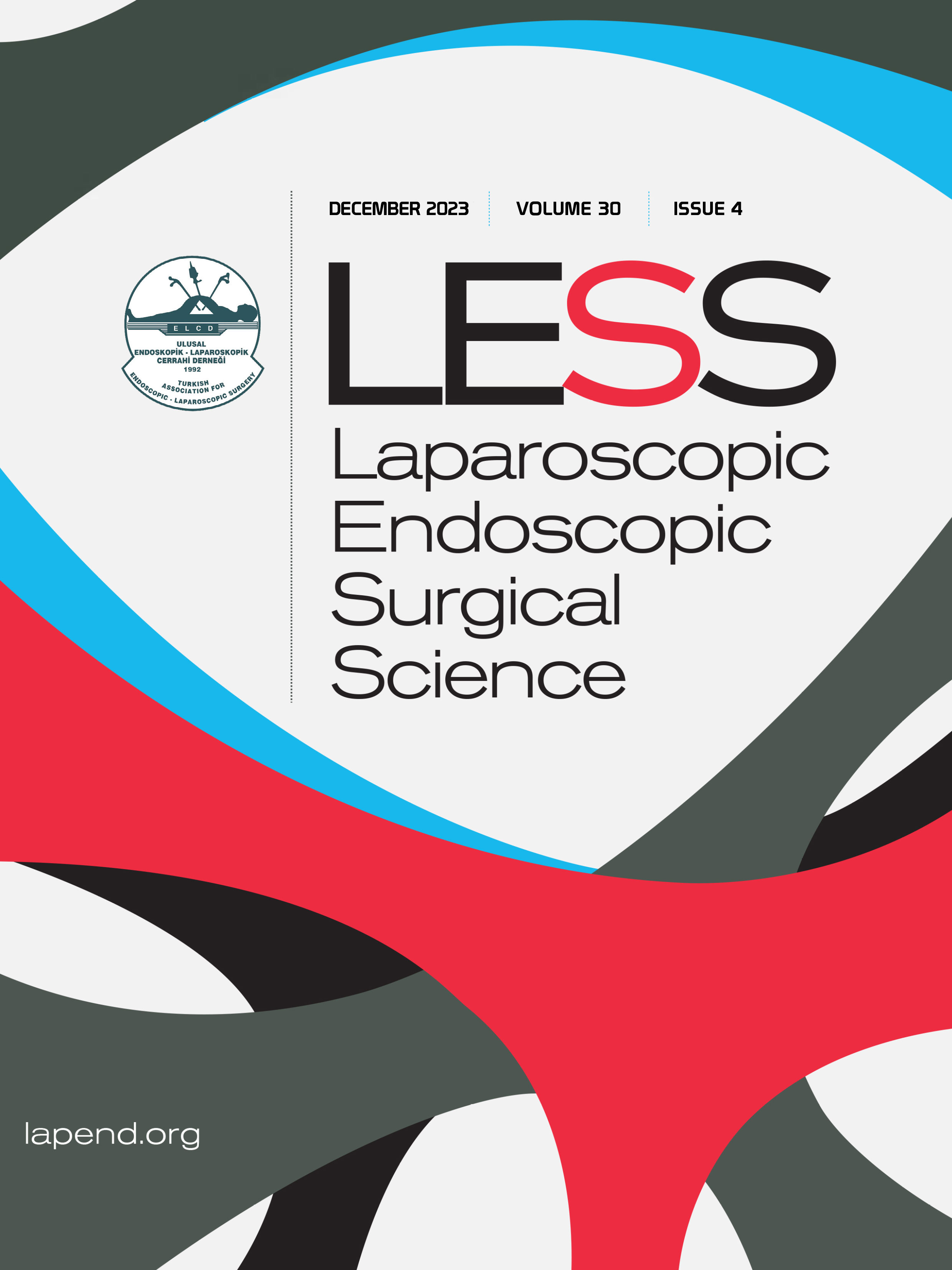Endoscopic retrograde cholangiopancreatography in the elderly: Some considerations and approaches
Bahtiyar Muhammedoğlu1, Eyüp Mehmet Pircanoğlu2, Vehbi Şirikçi3, Fatih Sumer41Department of General Surgery, Gastrointestinal Surgeon, Necip Fazil City Hospital, Kahramanmaraş, Turkey2Department of General Surgery, Necip Fazil City Hospital, Istanbul, Turkey
3Department of Internal Medicine, Necip Fazil City Hospital, Istanbul, Turkey
4Department of Surgery, Faculty of Medicine, Inonu University, Malatya, Turkey
INTRODUCTION: Cholelithiasis is an old age disease but old age is not a disease. Biliary tract disorders are increasingly seen in elderly patients and this is related to the aging of the global population. In the current study, our main concern was to communicate the message that the ERCP is a safe procedure in elderly patients with signs of biliary sepsis and adverse comorbid conditions.
METHODS: Between June 2014 and May 2018, endoscopic retrograde cholangiopancreatography (ERCP) was carried out on patients in our hospital with obstructive jaundice and acute cholangitis. There were 154 patients over 80 years of age, 236 patients in the 6579-year age group, and 422 patients under the age of 65, who served as the control group.
RESULTS: Our study was conducted on three age groups: under 65 years, from 6579 years, and 80 years and older. The length of hospital stays and cost among the groups was compared. Duodenal diverticula were significantly more common in patients over 65 years of age (p>0.001). Significantly lower costs were found for patients under 65 years of age (Group A) in comparison with both Groups C and B (both p=0.001). The average length of hospital stay differed significantly among age groups and was significantly shorter in patients under 65 years of age than the 6579-year age group as well as patients 80 years of age and older (p=0.001).
DISCUSSION AND CONCLUSION: In conclusion, ERCP is a safe and effective procedure in patients from 65 to 79 years of age and patients aged 80 and older. We suggest that emergency or early ERCP should be performed within 2448 hours in elderly patients with acute cholangitis and biliary sepsis irrespective of the severity of the disease unless there are major contraindications.
Corresponding Author: Bahtiyar Muhammedoğlu, Türkiye
Manuscript Language: English












